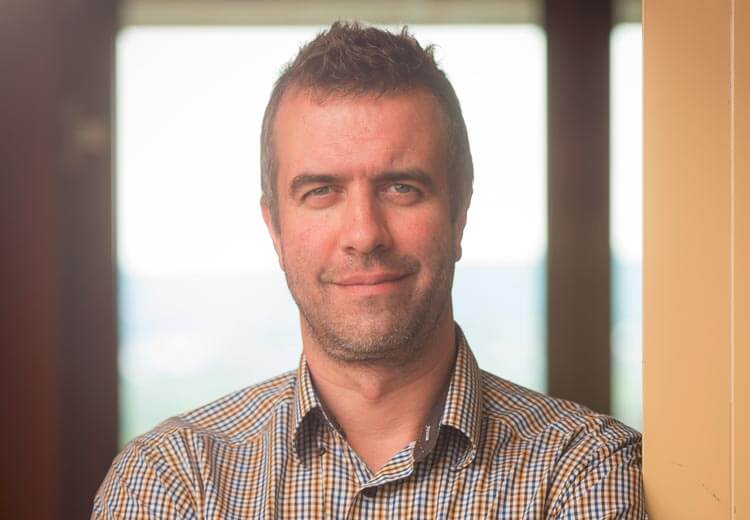Innovative operation – Beyond the methodologies
Personal aspects of innovation management
Personal aspects of innovation management
The two-day long training focuses on the personal aspects of the innovation management: what skills and attitude are essential for the really innovative operation. According to the Kürt Academy’s innovation methodology the content and importance of the following skills can be learnt by the participants during the training.
1. Risk management and failure tolerance
No innovation is without risk and no risk without occasional failure. How can I prepare for the unknown? How can I make risk measurable? What does failure mean to me? How can I live with the possibility of failure? How can I learn from failures and fiascos? How does the team help me manage and minimise risks?
2. Empathy wtih the customer
The customer is at the centre of all innovation, whether external or internal. How can I best understand the customer's needs, expectations, even unspoken desires? How can we put aside our assumptions, look behind the data we collect about the customer, and "put ourselves in the customer's shoes", "put on the customer's hat", put ourselves in the customer's place?
3. Perseverance
Almost all innovations have to overcome organisational resistance, and radical, disruptive ideas have a particularly difficult time doing so. For any innovation to be successful, the innovator must have the ability to assert himself, to stand up for himself and to communicate persuasively.
4. Curiosity
Curiosity is the "fuel" of the most innovative minds. Curiosity leads the way, acts as a compass, helps navigate a difficult, fast-changing environment. The curious person asks the question first: how could we do it differently? Can we learn to be curious? We believe and experience that: yes. Curiosity is as much a daily practice as it is an innate motivation. We interpret it as a way of systematically acquiring, processing and passing on information, of examining different scenarios, of seeing trends.
5. Leading an innovative team
If I expect my team to be innovative, I need to rethink my traditional leadership role. How can I challenge and give freedom to deliver, inspire and tolerate, even encourage failure? Can I create an environment in which truly innovative ideas can be born and implemented organically?








